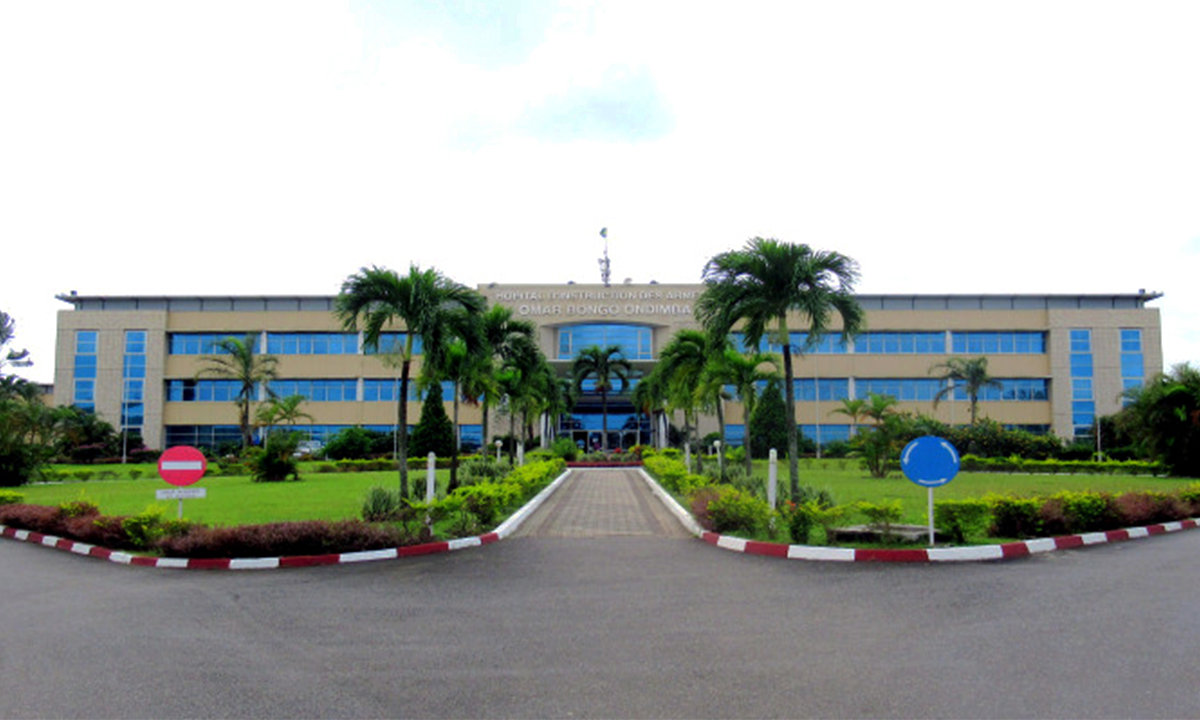
Decentralizing Care Improves Access for People Living with HIV/AIDS in Gabon
November 27, 2024

Hôpital d'Instruction des Armées Omar Bongo Ondimba (HIAOBO), the main hospital of the Gabonese army in Libreville, Gabon.
Since 2023, four new pilot military health facilities in Gabon have begun offering care to people living with HIV/AIDS (PLHA), which is improving the quality of care for PLHA and promoting differentiated care, such as the provision of health services tailored to patients' specific needs, within Gabon's military sector.
Prior to decentralization, the Hôpital d'Instruction des Armées Omar Bongo Ondimba in Libreville was the only military health facility where PLHA could receive health-related care. For PLHA, getting to this particular facility was a challenge, creating fear of stigmatization and stress associated with travel.
Thanks to the efforts of MCD Global Health and Gabon's Programme Militaire de Lutte Contre le Sida (PMLS), as well as the Ministry of Health, decentralized care improves access to care and preserves patient anonymity while integrating HIV/AIDS care into other services, helping to reduce stigma and discrimination.
Care for PLHA is both comprehensive and multidisciplinary, encompassing medical, psychological, social, and nutritional care to address all aspects of patient needs to improve their health and well-being.
In preparation for decentralization, MCD helped train health care staff at the new health facilities, focusing on stock, care, and supply management. These sessions strengthened providers' knowledge and skills in managing and distributing antiretrovirals and understanding the roles and responsibilities involved in the overall care of PLHA.
“Since HIV is a preventable disease, it's best to focus on prevention actions to reduce the number of PLHA requiring treatment,” said Luc Armel NKALA MFOULOU, project director of MCD's U.S. Department of Defense HIV/AIDS Prevention Project (DHAPP). “That's why complementary strategies, such as oral pre-exposure prophylaxis, dapivirine vaginal rings, and long-acting, injectable cabotegravir, are also ways to strengthen HIV prevention and have already proven successful in some countries.”
Since 2019, this initiative has been funded by DHAPP and implemented by MCD. The program provides technical support and formative supervision to military health services to improve HIV testing, initiation of antiretroviral treatment, and access to viral load for patients going to military health facilities in Gabon.